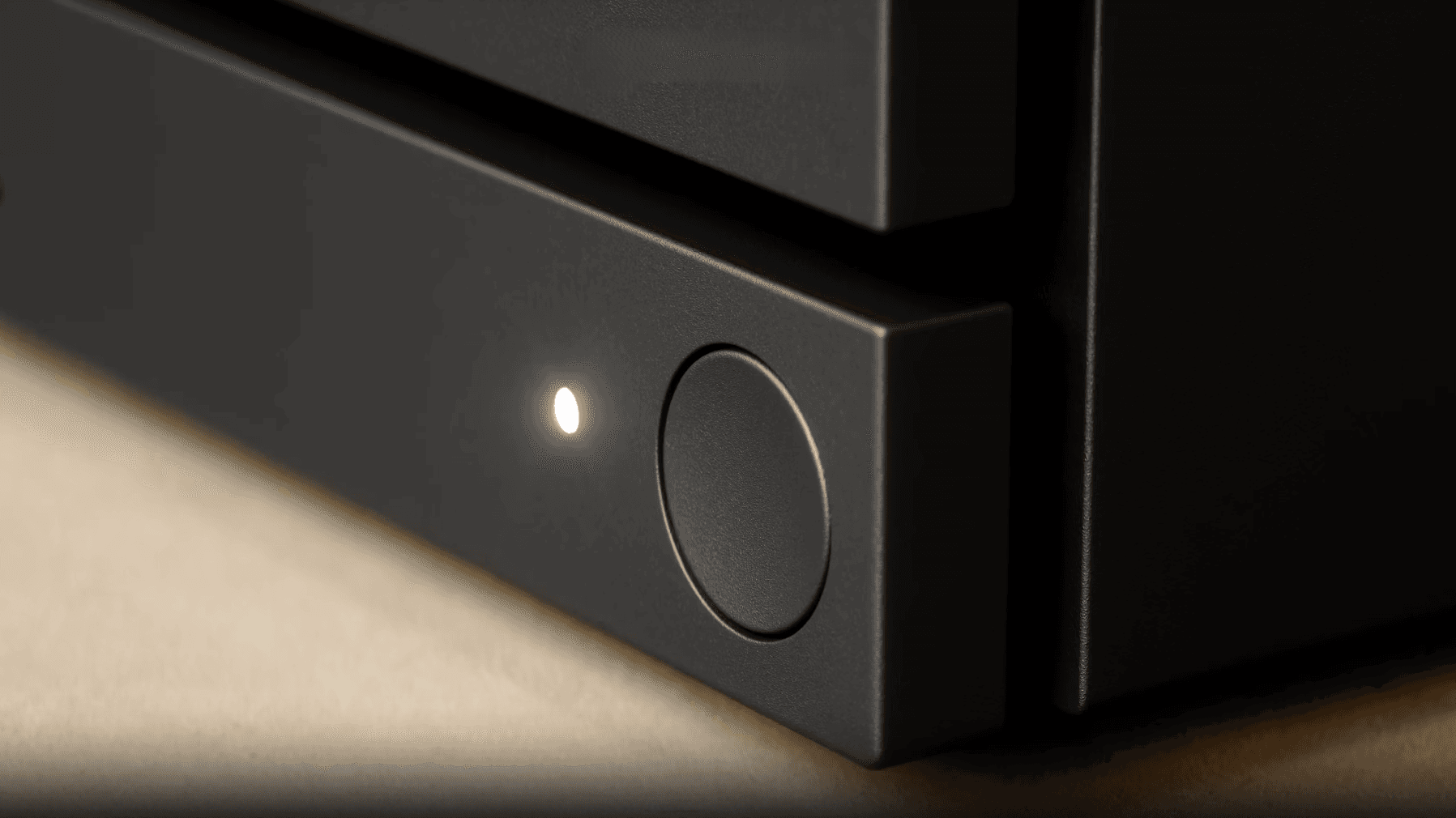We're loading the full news article for you. This includes the article content, images, author information, and related articles.
Valve dispels rumors of a budget console, confirming the upcoming Steam Machine will be priced similarly to a custom-built PC, prioritizing performance over mass-market subsidies.

BELLEVUE – Valve Corporation has subtly reset expectations for its long-rumoured Steam Machine revival, confirming that the upcoming device will not follow the classic console playbook of selling hardware at a loss. Instead, Valve says the new unit will be priced “in line” with equivalently powered custom PCs, reinforcing that this product is aimed squarely at enthusiasts rather than mass-market bargain hunters.
The comments came from Valve designer Pierre-Loup Griffais during an appearance on the Friends Per Second podcast, where he addressed mounting speculation over pricing.
“If you build a PC from parts and get to basically the same level of performance,” Griffais said, “that is the general price window we aim to be at.”
This positioning firmly distances Valve from the subsidised models used by Sony and Microsoft, who typically recoup hardware losses through software sales, subscription tiers, and platform fees.
While the pricing strategy is grounded in cost transparency, Griffais noted that compressing high-performance gaming hardware into a compact, quiet, living-room-friendly chassis comes with unavoidable engineering costs.
“Small form factor ain’t cheap,” he said, signalling that performance parity with mid-to-high-end desktop PCs will likely arrive at a notably higher price than budget builds.
The device appears poised to target consumers who value:
console-like simplicity,
PC-grade performance,
a silent, thermally efficient enclosure, and
seamless integration with SteamOS.
Rather than undercutting the market, Valve is betting that the experience, not the price tag, will win over its audience.
Valve’s financial position gives it the room to experiment. Analysts estimate the company generated over $6.2 billion in revenue last year—an astounding figure considering the firm’s relatively small headcount. That translates into some of the highest revenue-per-employee metrics in the tech sector.
This war chest means Valve could have pursued a loss-leader model if it wanted to. Instead, its insistence on price parity suggests strategic confidence in three pillars:
The Steam ecosystem – still the dominant PC gaming marketplace, with unmatched library depth and user loyalty.
SteamOS – now mature and optimised for plug-and-play hardware experiences, leaning on Proton to run Windows titles with minimal friction.
Device design – a boutique, enthusiast-first philosophy in contrast with mass-market consoles.
Analysts say this signals a belief that customers will pay a premium for a machine that feels like the ideal hybrid: the openness of a PC with the convenience of a console, wrapped in a compact, elegant package.
If Valve successfully launches a competitively priced, small-form-factor gaming box without subsidies, it could disrupt both the console and prebuilt-PC segments:
Console buyers could be tempted by a device that offers PC flexibility with console simplicity.
PC builders may find the value compelling if Valve’s engineering delivers superior acoustics, size, and power efficiency.
Competitors might face pressure to rethink subsidised pricing in a market increasingly valuing openness and customisation.
And because SteamOS avoids platform fees associated with proprietary walled gardens, Valve has less incentive to recover costs through software taxes—another philosophical departure from the console giants.
Valve is signalling a clear message:
The next Steam Machine will not be a cheap console alternative—it will be a premium, engineering-led device priced alongside custom PCs with similar performance.
In an industry defined by razor-thin margins and subsidised strategies, Valve is making a rare bet: that transparency, engineering, and ecosystem loyalty are strong enough to command a real-world price tag.
Keep the conversation in one place—threads here stay linked to the story and in the forums.
Sign in to start a discussion
Start a conversation about this story and keep it linked here.
Other hot threads
E-sports and Gaming Community in Kenya
Active 9 months ago
The Role of Technology in Modern Agriculture (AgriTech)
Active 9 months ago
Popular Recreational Activities Across Counties
Active 9 months ago
Investing in Youth Sports Development Programs
Active 9 months ago